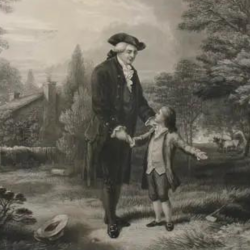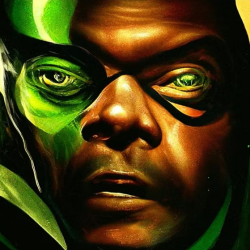When was the last time you told a lie?
It may well have been just a small white lie, but I wouldn’t be surprised if it was in the last 24 hours. We all lie, it’s a human truth and according to the World Economic Forum we’re lying more.
We have also been introduced or re-introduced to the concept of ‘fake news’ — when false or misleading information is presented as (factual) news. It is another form of lying and while the term has become popular recently, intrinsically linked to a couple of politicians, according to Politico Magazine its first use can be traced back to the 1890s, when sensational reports in newspapers were common.
We all lie, it’s a human truth
Lies and advertising
The first thing I think of when talking about lying and marketing is advertising, and historically there were many cases of ‘lies’ in advertising. There are still a few more recent examples including Skechers and their Shape-up shoes and Reebok and their Easy Tone range, both of which claimed wearing the shoes would make you lose weight. Both were reprimanded. Skechers were pulled up by the FTC and had to pay a $40 million settlement, Reebok settled the case against them for $25 million with the added cost of a refund for everyone who bought the product.
These are the exception to the rule however, with big brands rightfully very careful about their reputations.
The exceptions nowadays are smaller, more dubious online brands which make outrageous claims and often try and present their reasons to believe as ‘news’. Unfortunately there are number of these fake news brands out there.

My final thought on advertising and lying or rather telling the truth and advertising is with McCann and their long-held proposition of ‘A truth well-told‘, which to my mind isn’t a bad expression of what good advertising is all about. Though I note that it cleverly avoids saying that you have to say everything about every aspect of your brand or company.
Lies and market research
What next comes to mind is market research which plays a rightfully important part in much of a marketing department’s decision-making process. For me, the validity of the results is key. So it is vital that part of any analysis carefully considers how truthful the responses you’re getting really are.
People lie, consumers lie, respondents lie.
It is important that you consider that people might be over-exaggerating (How healthy is your diet?). I remember interviewing someone who told me about their healthy diet, but when I looked in the fridge there were numerous out of date and unopened healthy snacks, yet their cupboards had opened and half eaten packs of biscuits and chocolates. Are they fooling themselves and hence you by under-exaggerating? (How many units of alcohol do you drink every week?)
Are they telling the truth, or telling you what they think you want to hear?
Lies and transparency
Now I’m not advocating lying but rather providing my observations on the need to tell everyone, everything — truthfully. I have heard numerous marketing teams say that they have to be more truthful, they have to give people all the information. ‘They will find out anyway it’s all on the net‘ is often the reason given. While this sounds good, in practice it may not be a good thing and it may not be necessary.
Just because everything is on the net, it doesn’t mean people will go looking for it. Are they that interested or bothered? Even if they do go searching for something will they actually find it and will what they find actually be true?
My experience says few people go looking for things they are not actively interested in, and your brand is likely only to be a tiny part of their lives. They are drowning in information and the last thing they want is more than they need.
So, the fact that very few people know that Cadbury owns Green & Black’s is, I think, just one example of this in action (or maybe I’m just spreading fake news?).
Featured image: cottonbro studio / Pexels































